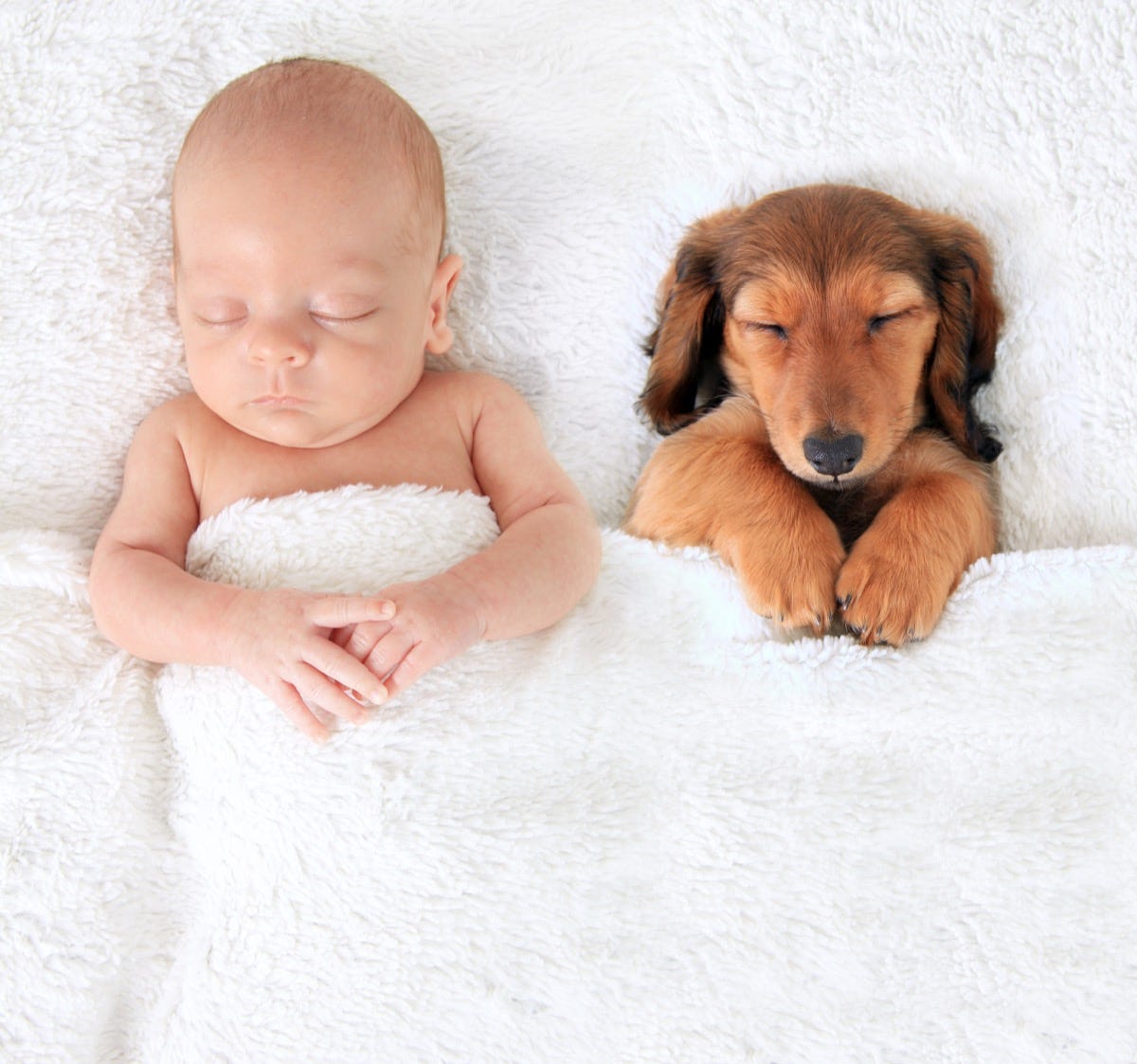Small Talks, No. 97
Friday March 10, 2022
Welcome to the ninety seventh edition of Small Talks. Every Friday, I highlight 6 areas of weekly joys and reflections in early childhood and the whole family. Small Talks leverages my experience at the intersection of education, philanthropy, and impact investing. Enjoy!
What I’m celebrating -
This week is dedicated to a what may seem a lighter topic: furry and non-furry animal friends.
Did you know?
Four in five of U.S. families with school-age children are estimated to have a pet. 90% of children will own a pet during their childhood. Maybe surprisingly and importantly, a child is more likely to grow with a pet than with both parents in a household.
Pet ownership has meaningfully increased during the pandemic. More than 23 million American households — nearly 1 in 5 nationwide — adopted a pet during the COVID-19 pandemic (and 90% families are keeping those animals).
According to a survey, 74% of kids have asked for a pet. Most children asked an average of 11 times per month starting when they are six years old. Feels familiar and hard to resist?
The evidence for the impact of pet ownership on child development is fascinating, and in some ways more mixed than I had initially thought:
An excellent systemic review of 22 studies found that growing up with pets is linked to higher self-esteem, cognitive development, including perspective-taking abilities and intellectual development, and social competencies. For toddlers and preschoolers, pets have been found to improve behavior and social development.
Note that the findings of this systemic review regarding childhood anxiety and depression were inconclusive. Meanwhile, in a survey cited by the ADAA (Anxiety & Depression Association of America), 74% of adult respondents reported experiencing improved mental health after adopting a pet.
There is also some (sparse) evidence to support that interaction between pets and children with learning differences, such as Down’s syndrome or Autism, can be beneficial.
The American Academy of Child and Adolescent Psychology has also published a list of advantages of pet ownership for children, including:
Developing responsible behavior.
Teaching respect for living things.
Providing comfort contact, love, loyalty and affection.
However, note that an important study says there is no difference between those who do and don’t own pets when adjusted for family income/context. Read more here and here. Some research also suggests there could even be negatives about pet ownership.
What about pets in schools? A study shows that pets in classroom environments positively contribute to child social and cognitive development
Noting the inspiring work of many nonprofits, including:
Therapy dog programs in hospitals, such as Packard Paws Program.
What I’m reading -
Gail Melson “Why the Wild Things Are” examines children's many connections to animals and explores their developmental significance. What does it mean that children's earliest dreams are of animals? What is the unique gift that a puppy can give to a boy? Melson shows how children's innate interest in animals is shaped by their families and their social worlds, and may in turn shape the kind of people they will become.
What I’m watching -
In this TED talk, Rustin Moore outlines the power of the human-animal bond and zooeyia, the positive health benefits (physical, emotional, behavioral, social and psychological) on people by interacting with animals. He covers three powerful examples on autism, Alzheimer/dementia and post-traumatic stress.
Also this feel-good video…
What I’m learning more deeply -
Impact of pet ownership on children with autism: Read more in this excellent piece.
What about robotic pets? Researchers have shown the blurry lines of morality for children in this fascinating study.
A quote I’m pondering -
From The Secret Life of Pets (appropriate, isn’t it?).
Feedback is a gift. Which part above is your favorite? What did I miss? What do you want more or less of? Other recommendations? Please kindly let me know. Thank to all of you who are sending me amazing suggestions.
If you enjoy this newsletter, please help spread the word by sharing with your friends, colleagues, and networks.
Have a wonderful week. Please stay safe and care for each other.
Isabelle





It is interesting to see how the research is so mixed on the impact of pets. If I'm reading your analysis correctly, however, in terms of self-esteem, for instance, the evidence is clear that pets improve outcomes for kids. Am I reading you right?